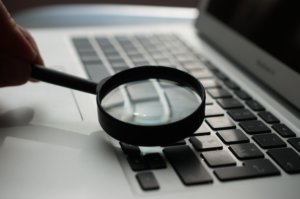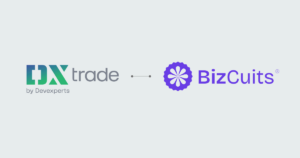Ex-Deutsche Bank traders stand by proposed expert testimony in LIBOR-rigging case
Matthew Connolly and Gavin Campbell Black argue against DOJ’s claims that their proposed expert testimony is improper.

Matthew Connolly and Gavin Campbell Black, former derivative product traders at Deutsche Bank who are accused of LIBOR manipulation, have insisted that the expert testimony they propose should be accepted by the Court and that the objections voiced by the Department of Justice (DOJ) are unfounded.
On Tuesday, September 11th, the defendants filed a Motion in Opposition to the DOJ’s request to exclude a part of the expert testimony proposed by the former traders.
Let’s recall that the defendants had enlisted the names of three experts supposed to help them in their defense – Dr Jonathan Arnold, Matthew A. Evans, and Christopher Rooke. But the DOJ said the defendants’ proposed expert testimony as to the adequacy of the government’s discovery, establishment of the conspiracy, and benefit or harm to Deutsche Bank’s counterparties is incurably improper, and the Court should exclude it. In addition, according to the DOJ, given the deficiencies in the defendants’ disclosures, all three of their experts should be barred from testifying. At a minimum, the Court should require they provide the required “bases and reasons” for their opinions and thereafter allow the government an opportunity to challenge the testimony.
In their latest motion, the former Deutsche Bank traders argue that the Government’s motion to exclude certain portions of Dr. Arnold’s and Mr. Evans’ testimony seeks to prevent them from defending against the allegations in the Indictment.
In particular, the Government characterizes as “problematic”
Dr. Arnold’s proposed testimony that the rates in the supposedly false LIBOR submissions were “economically reasonable”;
Mr. Evans’ proposed testimony that the submissions were supported by factors that demonstrated their reasonability; and
Mr. Rooke’s proposed testimony that contributor panel banks had the discretion to submit LIBOR within a reasonable range.
The defendants note that the Indictment alleges that the scheme was perpetrated by “making materially false and fraudulent representations about Deutsche Bank’s cash borrowing costs” and that, hence, the defendants are entitled to present evidence to rebut this allegation through expert testimony and otherwise. Dr. Arnold’s and Mr. Evans’ proposed testimony as to the reasonability of Deutsche Bank’s LIBOR submissions, and Mr. Rooke’s proposed testimony that submitters had the discretion to submit LIBOR within a reasonable range, support the defenses that, inter alia, the LIBOR submissions at issue were not false and that the ex-traders did not act with the requisite fraudulent intent.
Also, given that the alleged scheme is premised on the allegation that the supposedly false submissions were designed to benefit the defendants’ trading positions at the expense of their counterparties, Dr. Arnold’s proposed testimony that Black’s trading positions were not benefitted from various of the submissions at issue and Mr Evans’ proposed testimony that Deutsche Bank’s counterparties may have net benefitted from the allegedly manipulated LIBOR submissions further refute the Government’s arguments on falsity and fraudulent intent, the defendants argue.
The case, captioned USA v. Connolly (1:16-cr-00370), continues at the New York Southern District Court.









